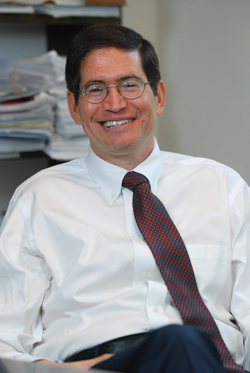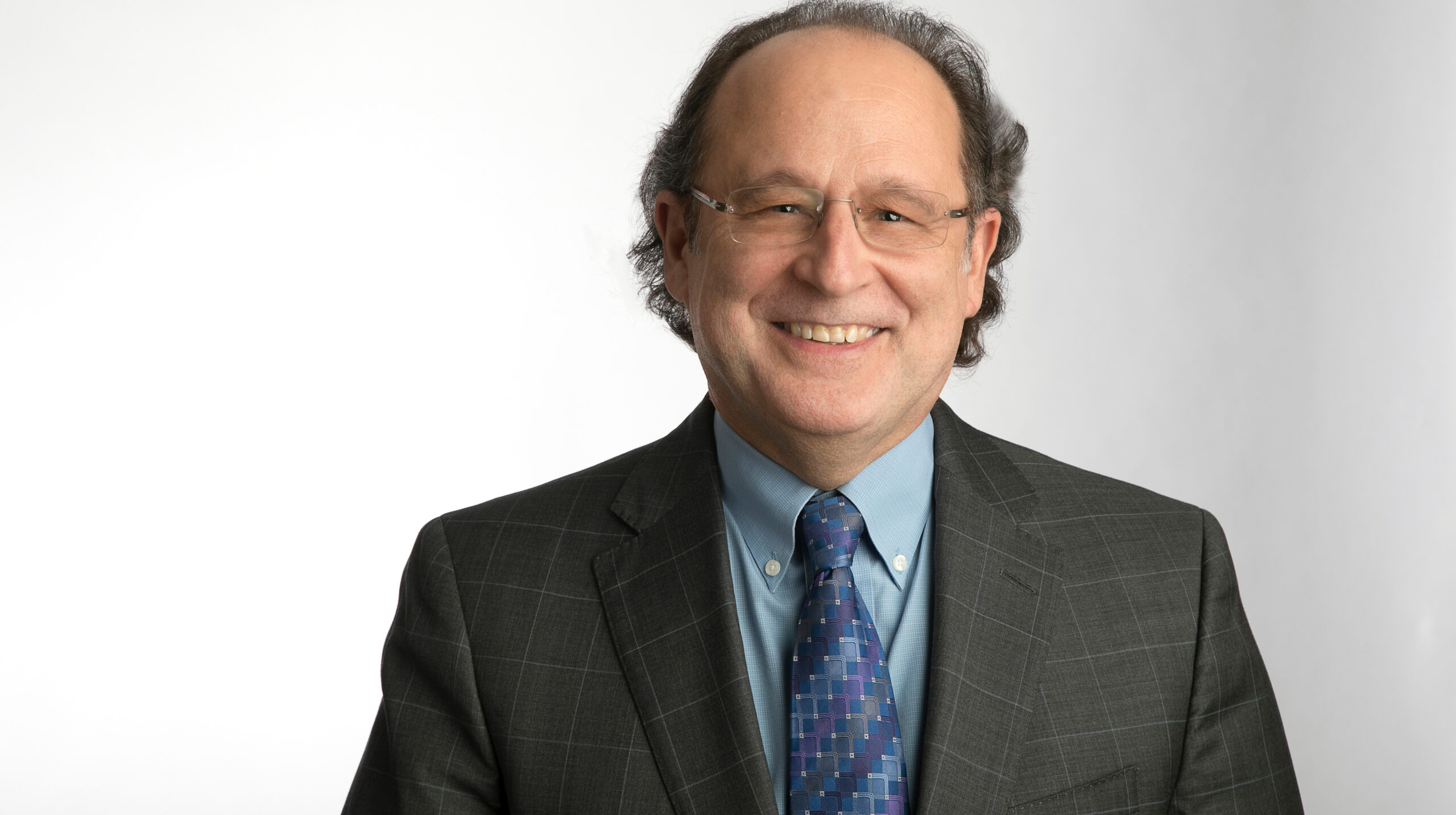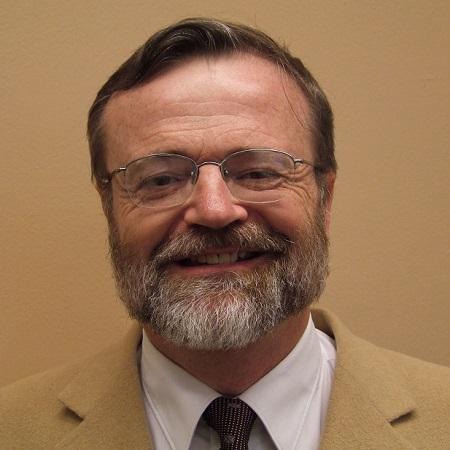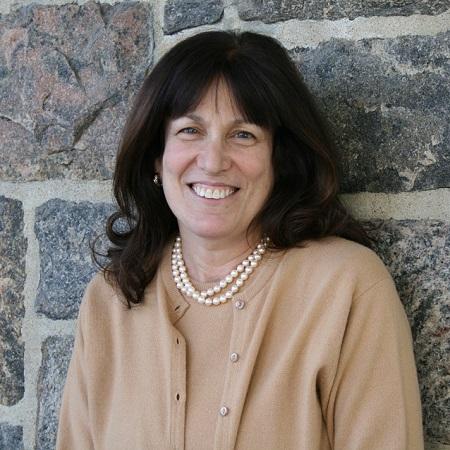Date: Friday, November 4, 2022, 12:30 – 2:00 PM ET
Webinar Description:
Under international human rights law, everyone has the right to participate in the workings of their government. To fulfill this obligation, governments are required to guarantee the right to vote in free and fair elections. Tragically, some political parties, partisan forces, and many governments around the world, including the United States and States within the U.S., have diluted, limited, or taken away the right to vote. This webinar will focus on the United States and analyze this phenomenon from numerous perspectives:
Many scholars have observed that democracy itself is under threat. This webinar analyzes the dimensions of that threat in the context of international human rights law and the domestic law of the United States.
Learning Objectives:
*Registration is required.
 Michael J. Klarman, Charles Warren Professor Legal History at Harvard Law School
Michael J. Klarman, Charles Warren Professor Legal History at Harvard Law SchoolProfessor Michael J. Klarman is the Charles Warren Professor of Legal History at Harvard Law School, where he joined the faculty in 2008. He received his B.A. and M.A. (political theory) from the University of Pennsylvania in 1980, his J.D. from Stanford Law School in 1983, and his D. Phil. in legal history from the University of Oxford (1988), where he was a Marshall Scholar. After law school, Professor Klarman clerked for the Honorable Ruth Bader Ginsburg on the United States Court of Appeals for the D.C. Circuit (1983–84). He joined the faculty at the University of Virginia School of Law in 1987 and served there until 2008 as the James Monroe Distinguished Professor of Law and Professor of History.
Klarman has also served as the Ralph S. Tyler, Jr., Visiting Professor at Harvard Law School, Distinguished Visiting Lee Professor of Law at the Marshall Wythe School of Law at the College of William & Mary, Visiting Professor at Stanford Law School, and Visiting Professor at Yale Law School.
Klarman has won numerous awards for his teaching and scholarship, which are primarily in the areas of Constitutional Law and Constitutional History. In 2009 he was inducted into the American Academy of Arts & Sciences.
Klarman’s first book, From Jim Crow to Civil Rights: The Supreme Court and the Struggle for Racial Equality, was published by Oxford University Press in 2004 and received the 2005 Bancroft Prize in History. He published two books in the summer of 2007, also with Oxford University Press: Brown v. Board of Education and the Civil Rights Movement and Unfinished Business: Racial Equality in American History, the latter of which is part of Oxford’s Inalienable Rights series. In 2012, he published From the Closet to the Altar: Courts, Backlash, and the Struggle for Same-Sex Marriage. In 2016, Professor Klarman published The Framers’ Coup: The Making of the United States Constitution, which was a finalist for the George Washington Book Prize. In 2020, he authored the Foreword to the Harvard Law Review’s annual Supreme Court issue, entitled “The Degradation of American Democracy—and the Court.”
 Juan F. Perea, Curt and Linda Rodin Professor of Law and Social Justice at Loyola University of Chicago School of Law
Juan F. Perea, Curt and Linda Rodin Professor of Law and Social Justice at Loyola University of Chicago School of LawJuan Perea joined Loyola University Chicago’s full-time law faculty in 2011. Prior to joining Loyola, he was the Cone, Wagner, Nugent, Johnson, Hazouri & Roth Professor of Law at the University of Florida Levin College of Law. He has also served as a visiting professor at Harvard Law School, Boston College Law School, and the University of Colorado School of Law. During the 2012-13 academic year, he was the Lee Distinguished Chair in Constitutional Law at John Marshall Law School. In 2011, he was the Reuschlein Distinguished Visiting Professor at Villanova Law School. Perea has written extensively on racial inequality, the legal history of race relations in the United States, and the civil rights of Latinos. His articles have appeared in Harvard Law Review, California Law Review, New York University Law Review, Michigan Law Review, UCLA Law Review, Minnesota Law Review and William and Mary Law Review, among others. Upon graduation from law school, he clerked for the Hon. Bruce M. Selya, U.S. Court of Appeals, First Circuit. He joined the Boston law firm Ropes & Gray, where he specialized in labor and employment law. In addition to his experience in private practice, he spent a year as an attorney for the National Labor Relations Board (Region One). He has testified as an expert before the U.S. Senate, the U.S. Equal Employment Opportunity Commission, and the U.S. Commission on Civil Rights.
 Penny Venetis, Dickinson R. Debvoise Scholar, Distinguished Clinical Professor of Law, and Director of the International Human Rights Clinic at Rutgers Law School
Penny Venetis, Dickinson R. Debvoise Scholar, Distinguished Clinical Professor of Law, and Director of the International Human Rights Clinic at Rutgers Law SchoolPenny M. Venetis is the Dickinson R. Debvoise Scholar at Rutgers Law School, where she is a Distinguished Clinical Professor of Law and the Director of the International Human Rights Clinic. She has taught at Rutgers since 1993.
Professor Venetis is an expert in both civil rights law and international human rights law, and pioneered efforts to integrate international law into U.S. law. Her scholarship focuses on the intersection of human rights law and constitutional law.
She has litigated cases throughout the United States and throughout the world in areas as diverse as equal protection, freedom of speech, immigrants’ rights, refugee law, human trafficking and gender equality. Her cutting-edge lawsuits include:
Professor Venetis’s work has been featured in two documentaries. “I Voted?” premiered at the Tribeca Film Festival in 2016. The film which shows how computerized voting machines can be hacked, and elections stolen, was produced by Katie Couric. “I Am Jane Doe” (2017), the second documentary to feature Professor Venetis, won multiple awards and was the impetus for federal legislation protecting sex trafficking victims.
Before joining the Rutgers Law faculty, Professor Venetis worked for the United Nations Special Rapporteur Investigating War Crimes in the Former Yugoslavia, investigating the use of systematic rape as a war crime. The Special Rapporteur’s work was the precursor to the United Nations War Crimes Tribunal that was created to prosecute war crimes in Yugoslavia and Rwanda. Professor Venetis started her legal career as a litigation associate at the law firm of O’Melveny & Myers, where she served on the firm’s Pro Bono Committee. Prior to joining the firm, she served as a law clerk to United States District Judge Dickinson R. Debevoise.
Professor Venetis has testified before legislative bodies throughout the country, and has been quoted extensively by various media. She has received many awards for her work, including the New Jersey Law Journal’s “Lifetime Achievement Award” in 2016.

Thomas M. McDonnell, Chair of the International Human Rights Section, American Association of Law Schools and Professor of Law, 2021-2023 Class of 2010 Faculty Scholar at The Elisabeth Haub School of Law at Pace University
Professor Thomas M. McDonnell is an expert in international law, and the author of The United States, International Law and the Struggle against Terrorism (Routledge, hard copy 2009; revised paperback ed. 2011). His book discusses the critical legal issues raised by the U.S. responses to the terrorist threat, analyzing the actions taken by the Bush and Obama administrations during the so-called “War on Terrorism” and their compliance with international law. Professor McDonnell highlights specific topics of legal interest including torture, extra-judicial detentions, targeted-killing-drone strikes, the invasions of Afghanistan and Iraq, and examines them against the backdrop of terrorist movements that have plagued Britain and Russia. The book extrapolates from the actions of the U.S., going on to look at the difficulties all modern democracies face in trying to combat international terrorism. Listen to Professor McDonnell talk about his book here.
Professor McDonnell has written scholarly articles on international law, international human rights law, international refugee law, lawyering, and legal writing and research. He was the principal author of an amicus curiae brief to the New York Court of Appeals on a right to counsel issue. Professor McDonnell teaches International Law, International Human Rights Law, Immigration Law, and Criminal Law, and helps coach the Jessup International Moot Court Team.
In addition to chairing the International Human Rights Section, Professor McDonnell is a member of the AALS International Law Section’s Executive Committee. He has previously chaired the AALS International Law Section and the AALS Section on Legal Writing, Reasoning and Research. He also previously served as the Co-Chair of the Teaching International Law Interest Group of the American Society of International Law (ASIL).

Lissa Griffin, Professor of Law at Elisabeth Haub School of Law at Pace University
Professor Griffin is an expert in criminal procedure and comparative criminal procedure. She has written extensively on criminal law, wrongful convictions and comparative criminal procedure issues. She helped design and teaches Pace Law School’s 2nd year skills course. Prior to coming to Pace, Professor Griffin was involved in criminal and civil appellate litigation privately and with the Legal Aid Society. She is the author of two treatises: Federal Criminal Appeals and Multidefendant Criminal Cases: Federal Law and Procedure. She teaches Criminal Procedure, Comparative Criminal Procedure, Professional Responsibility, and Interviewing, Counseling and Negotiating, and has taught in the London Law Program.